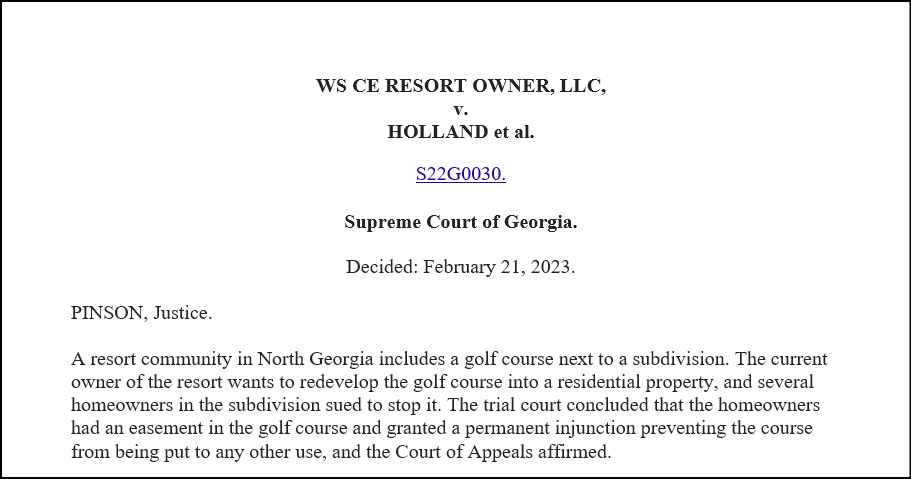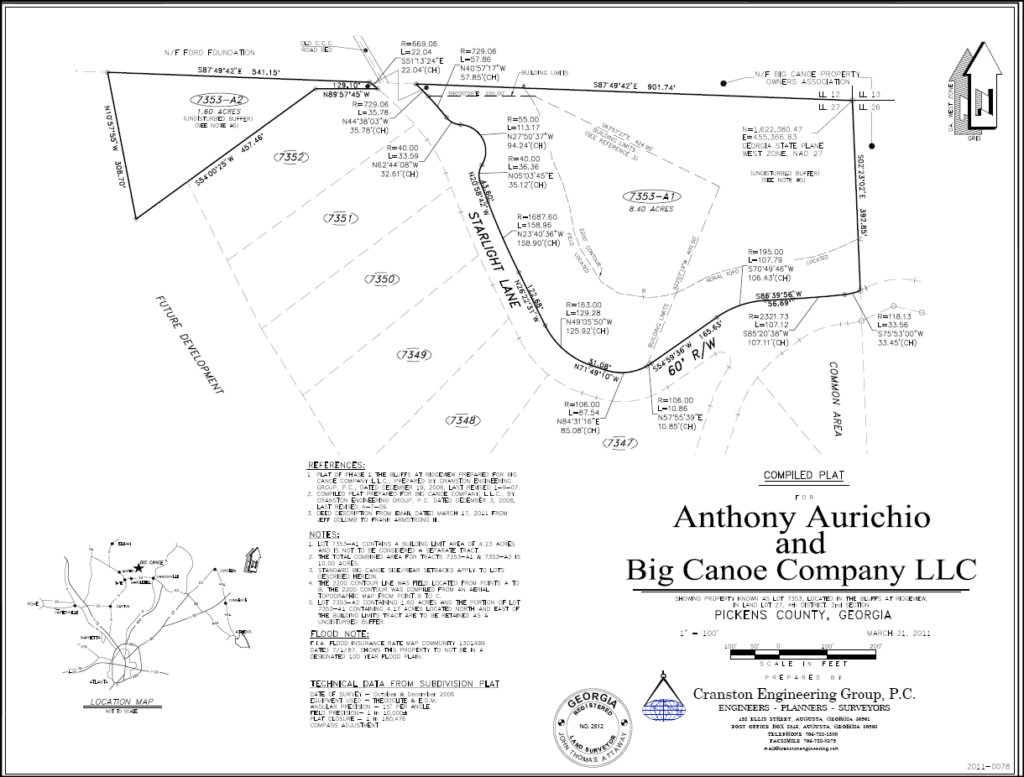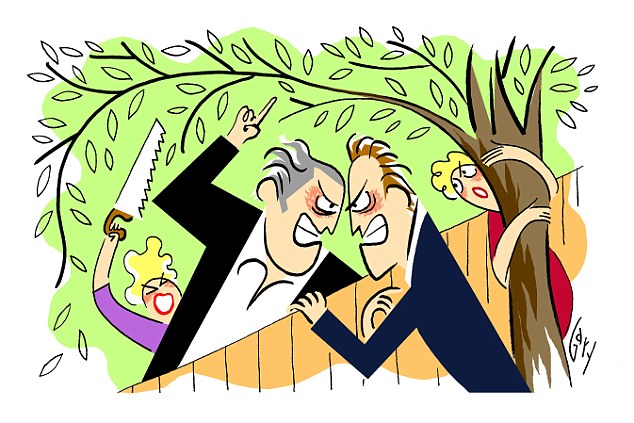
A recent legal case regarding the Atlanta Beltline provides insightful reading for those interested in easements. In 2017, the Ansley Walk Condominium Association sued the Atlanta Development Authority, also known as Invest Atlanta, claiming ownership of three properties adjacent to the Beltline.
The case is complex, as the Norfolk Southern Railway Company initially operated the properties as a railway. However, in 2004, Norfolk relinquished its interests in the properties, which then became part of the Beltline. At the time of the transfer, Norfolk reserved an easement to cross over the properties.
In 2017, Norfolk signed an agreement to terminate its easement rights over the properties. However, the agreement was vague, so Norfolk signed a corrective agreement in 2020 to address the issue. Ansley Walk sued, alleging that when Norfolk relinquished its easement rights, Ansley Walk gained unrestricted ownership of the properties.
Ansley Walk claimed damages for inverse condemnation, trespass, attorneys’ fees, and litigation expenses. Both parties filed cross-motions for summary judgment, meaning they each sought a ruling in their favor without a trial. A summary judgment aims to expedite litigation and avoid the expense of a jury trial. However, a summary judgment can only be granted when there are “no genuine issues as to any material fact and that the moving party is entitled to a judgment as a matter of law” OCGA § 9-11-56(c); Pfeiffer v. Ga. Dept. of Transp., 275 Ga. 827, 828 (2002).
After considering the arguments and the law, the trial court granted summary judgment to the Beltline and denied summary judgment to Ansley Walk. This means that, for now, the Beltline has won the case. However, Ansley Walk plans to appeal the decision and ask the Georgia Court of Appeals to review the trial court’s ruling.
In granting summary judgment, the trial court found that Ansley Walk failed to prove ownership of the three properties and that the 2020 corrective agreement properly canceled Norfolk’s easement rights. As a result, the Norfolk agreements about the easements did not transfer any property rights to Ansley Walk.
Although this case’s factual scenario is unlikely in most easement disputes, it is still an interesting example of how such disputes never go out of fashion. If you have a dispute regarding an easement, please contact us at 404-382-9994 to discuss your legal rights.




